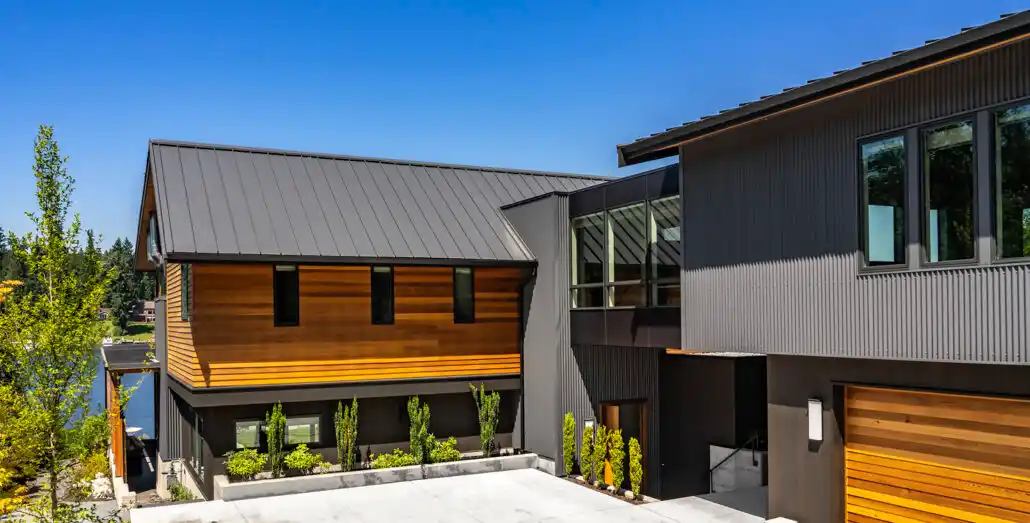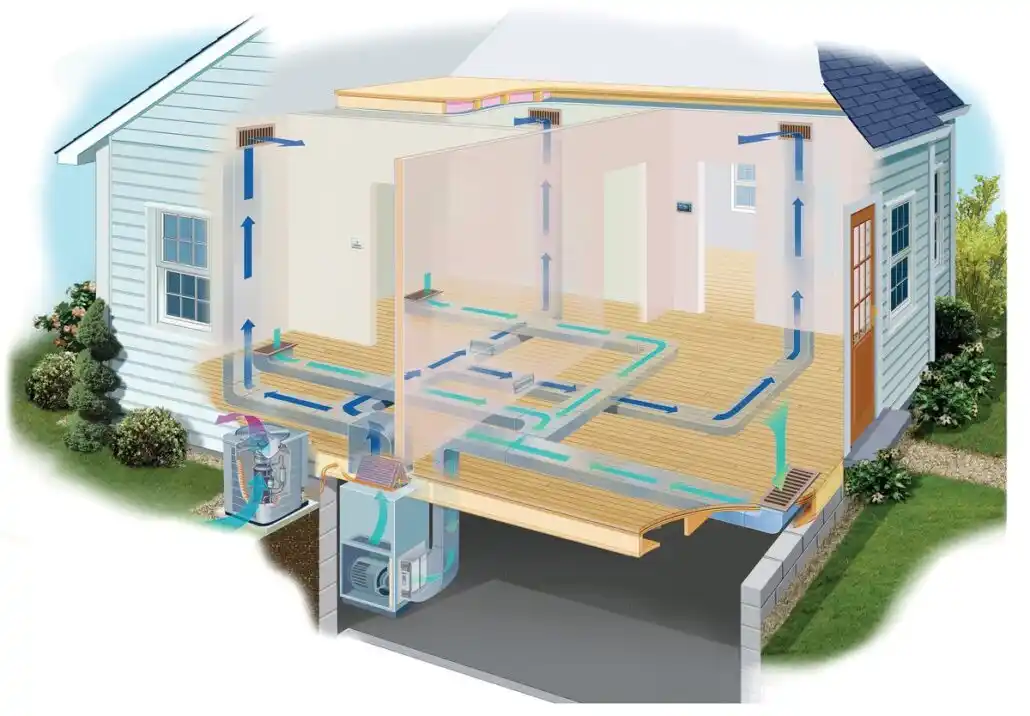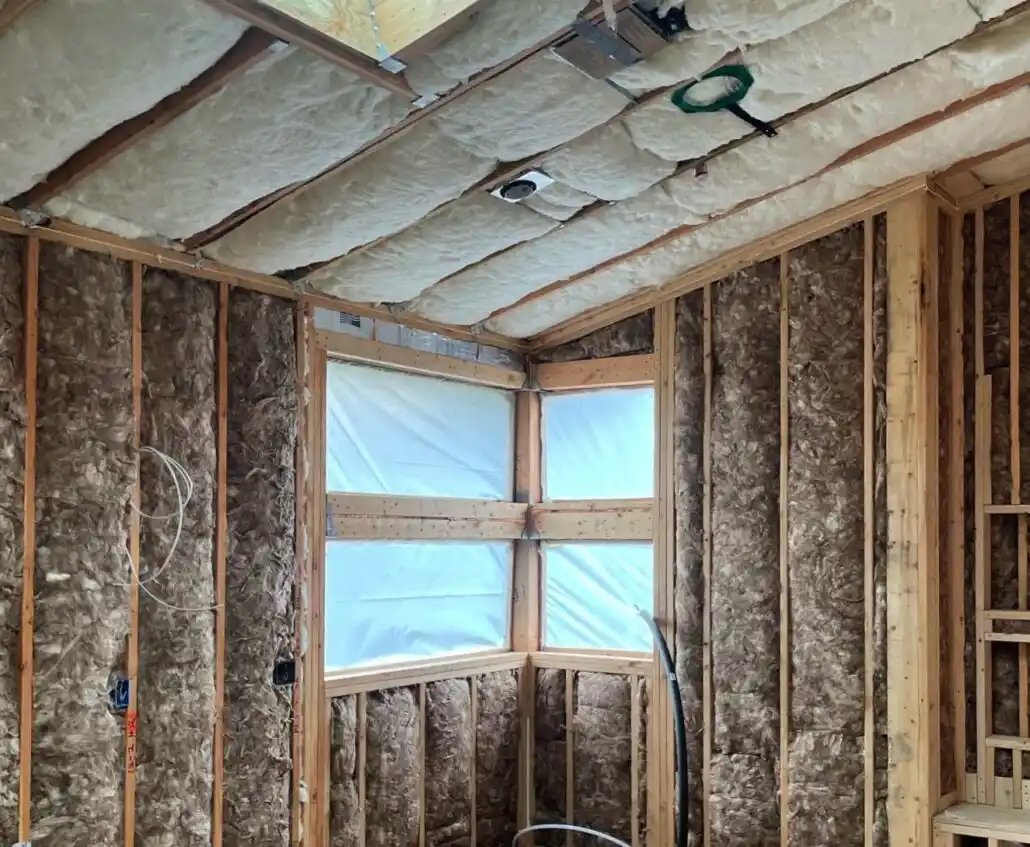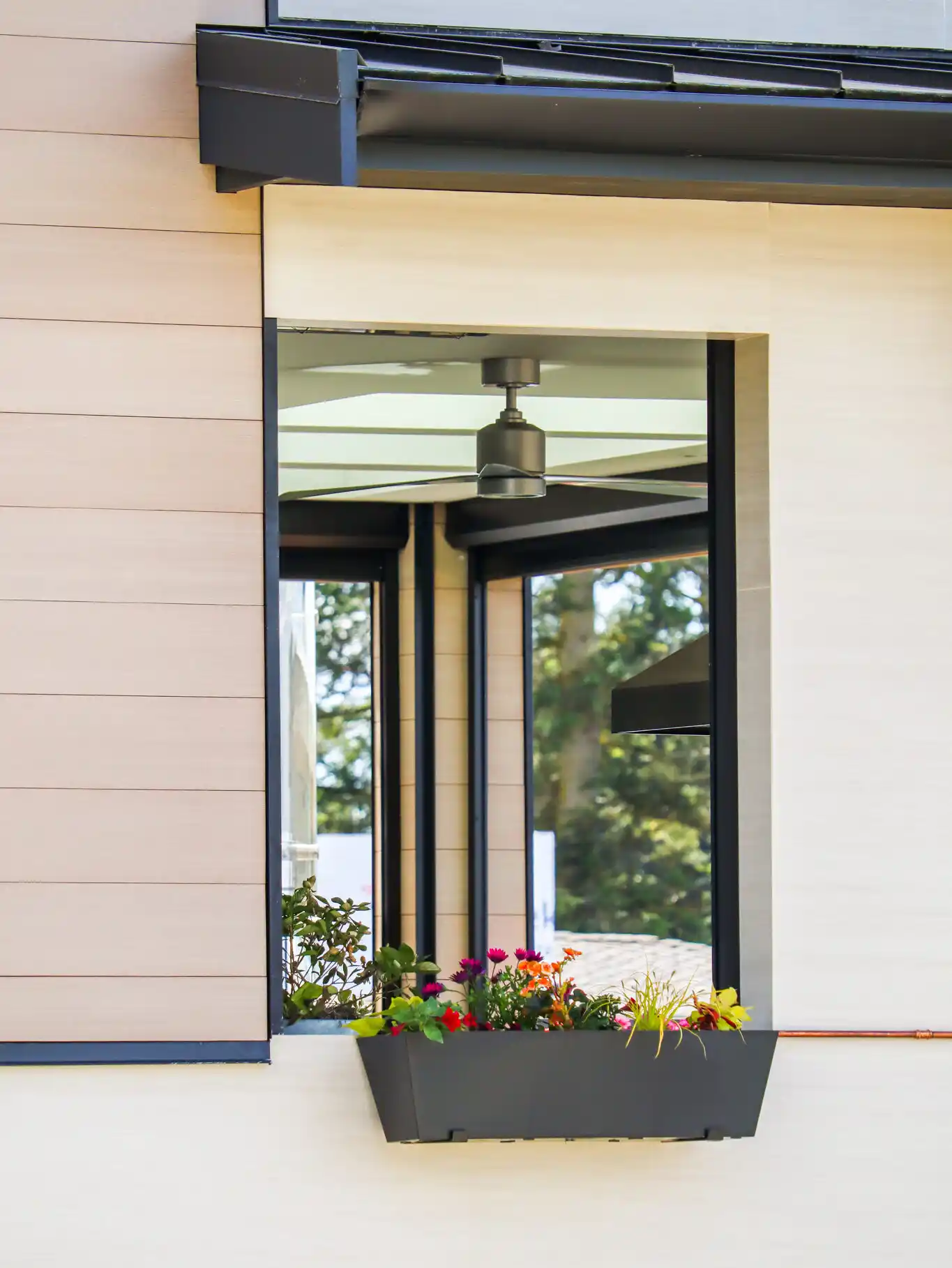Summer is almost upon us, and your home will likely need additional maintenance to keep functioning efficiently throughout the summer. Starting preparations early can help bring down energy bills, improve the efficiency of the components of your home, and increase the overall safety of your property.
HVAC Maintenance
Changing your HVAC filter every 90 days will help maintain performance and efficiency. Not only does a dirty filter send dust, dander and other pollutants into the home, it adds stress the unit. The added stress increases the chance of your system failing on hot summer days.
Pro Tip: If you are shopping for a new air conditioning unit, look for one with the blue Energy Star label. An Energy Star air conditioner will save money in the long run by using less electricity.
Programable Thermostat
According to the U.S. Department of Energy, programable devices can lower your cooling costs by as much as 10 percent. Leave your thermostat a higher temperature while you’re away, and set it to cool the house half an hour before you return home
Thoughtful Landscaping
Strategically planting shrubs and leafy trees near your home’s windows is an excellent way to prevent transferring excess heat into your home. Strategic landscaping is also greatly beneficial to the bee population. One of the largest threats to bees is a lack of safe habitat where they can build homes and find a variety of nutritious food sources. By planting a bee garden, you can create a habitat corridor with plants that are rich in pollen and nectar. Provide a space in your garden for native bees to make their home by leaving an un-mulched space in your yard.
Window Coverings
If you aren’t able to use nature to your advantage, another way to protect windows is by adding awnings or screen shades to shade their exterior side. Window coverings help keep areas cool when the window is exposed to direct sunlight.

Clean Refrigerator Coils
Refrigerators can cause surprisingly high energy usage, especially when they’re not operating efficiently. To get the best performance from your unit, dust it off and clean up those condensing coils. Clean the coils behind your fridge to reduce your system’s energy usage by up to 30%. While you’re at it, make sure the door seals are airtight to keep your fridge motor from working overtime.
Update Insulation
The Energy Saving Trust reports that you can enjoy significant savings every year on your power bills by having quality insulation set up by a professional. About a quarter of the heat in your home escapes through the roof, so it pays to have the loft or attic insulated. Having a cavity wall insulated also helps in bringing down utility costs. This will keep cool air in your home and hot air out. You can add more insulation on top of existing insulation in your attic.
Locate Drafts and Seal Air Leaks
Keep the cold air in by locating and sealing any leaks in the big three: windows, doors, and floors. Energy Star has a useful guide for getting started, and don’t forget to check out unconditioned spaces like the attic and crawl spaces. Seal any gaps or cracks you see around your door or window by applying caulk. The outcome will be a more comfortable house and improved energy efficiency. You should also replace all worn doorstops.
Install Ceiling Fans
Ceiling fans operate on a wind-chill effect by pulling warm air up against the ceiling and then pushing it down against the walls to simulate a chilled breeze air circulation. For this effect to work, you’ll want to ensure your home’s fans are turning in a counter clockwise rotation. Remember, fans cool your skin, not the room, so when you leave turn it off.
Clean Gutters
Inspect gutters for wear and tear, or clogging, and make necessary repairs. Winter can take a toll on gutters, so go around the exterior of your home and double check that your gutters are cleaned out and that they’re all pointing in the right direction—i.e. away from your foundation. You never want there to be an opportunity for water to pool up near the base of your home, since that can lead to expensive leakage problems.







